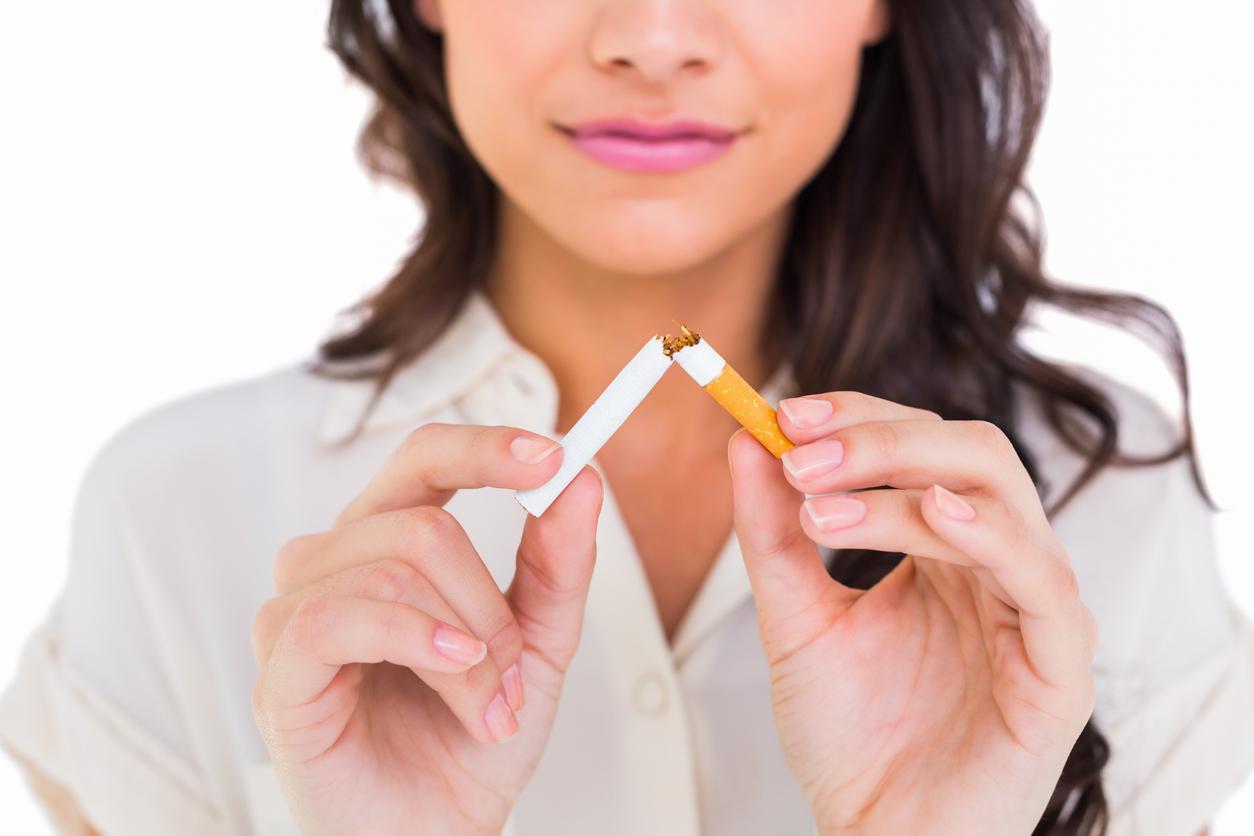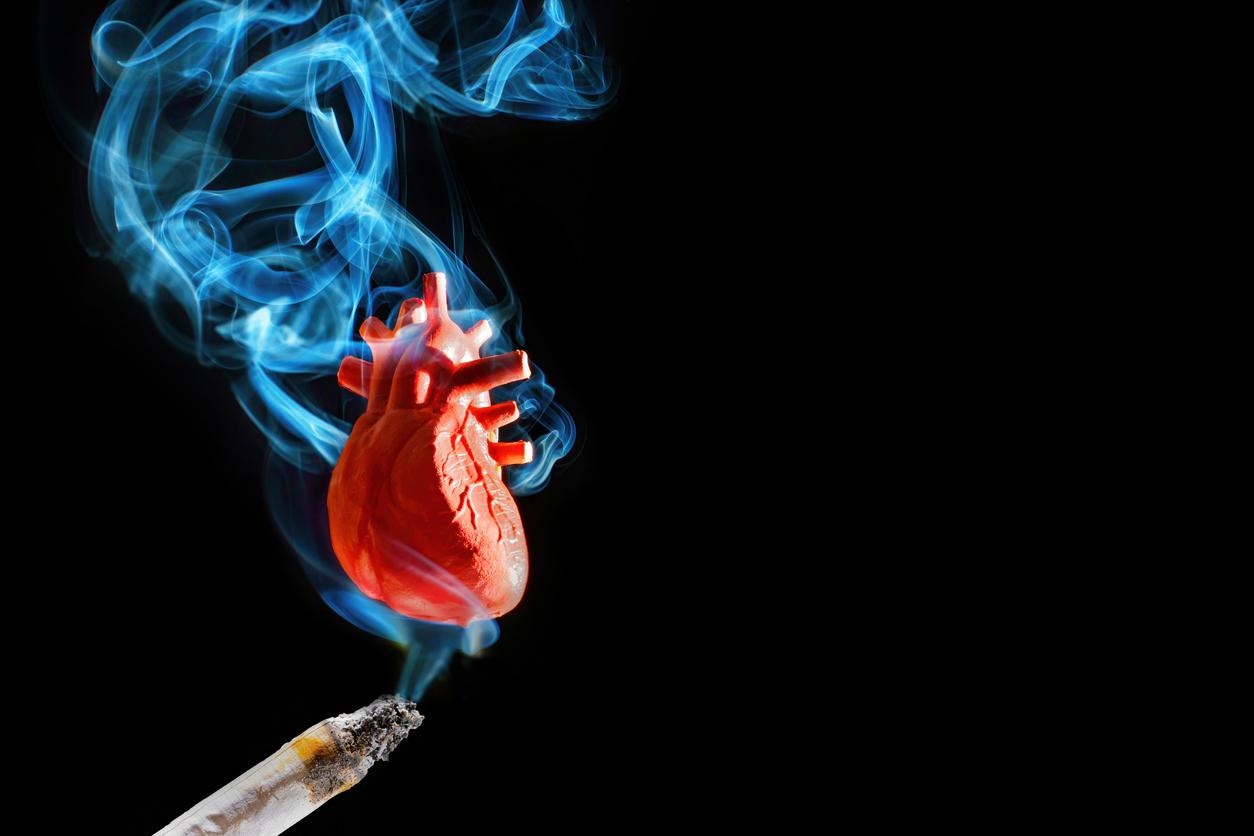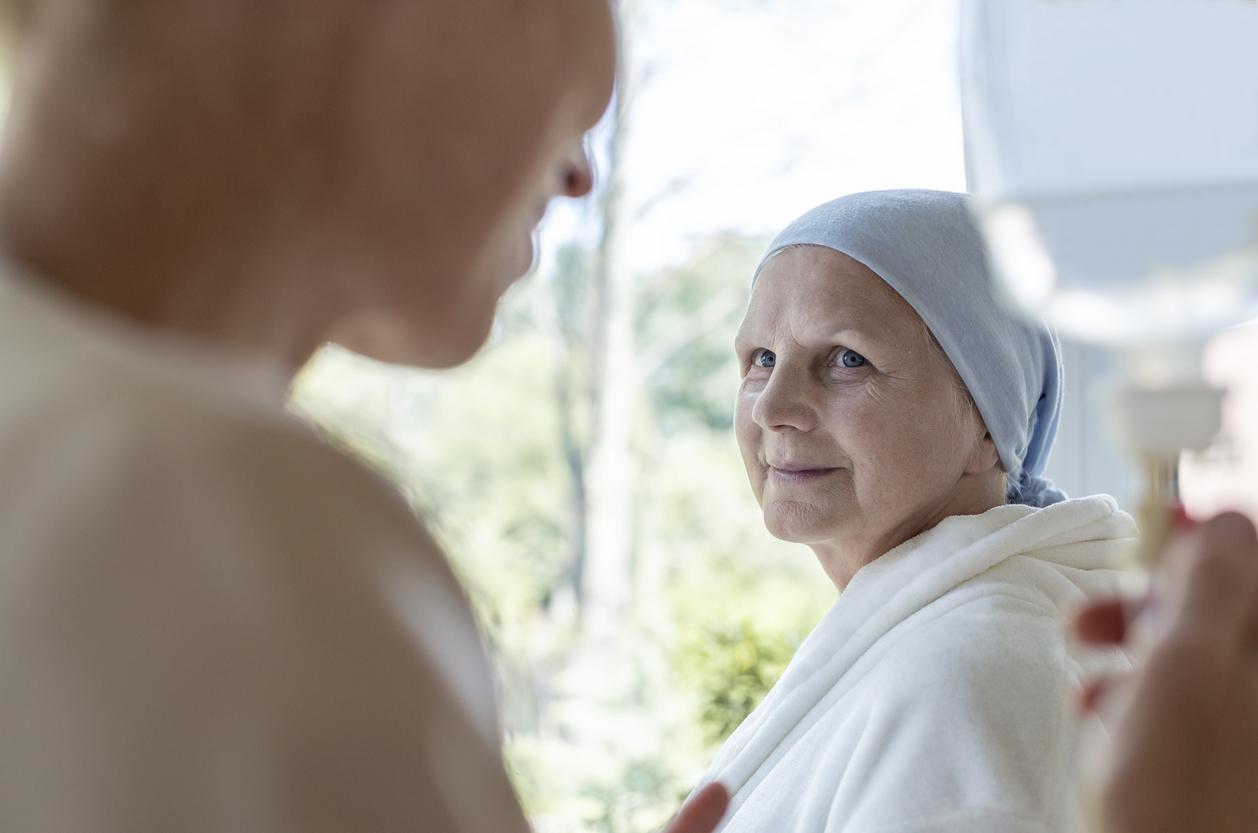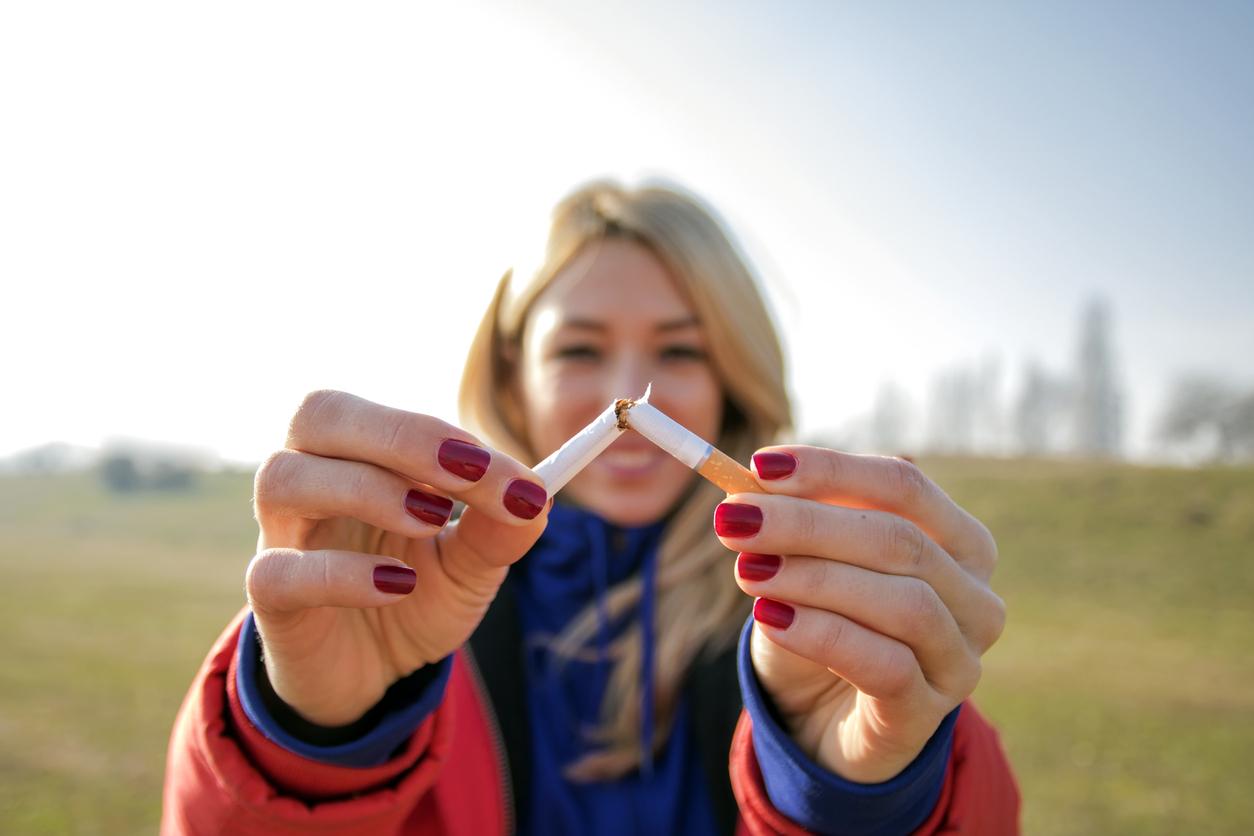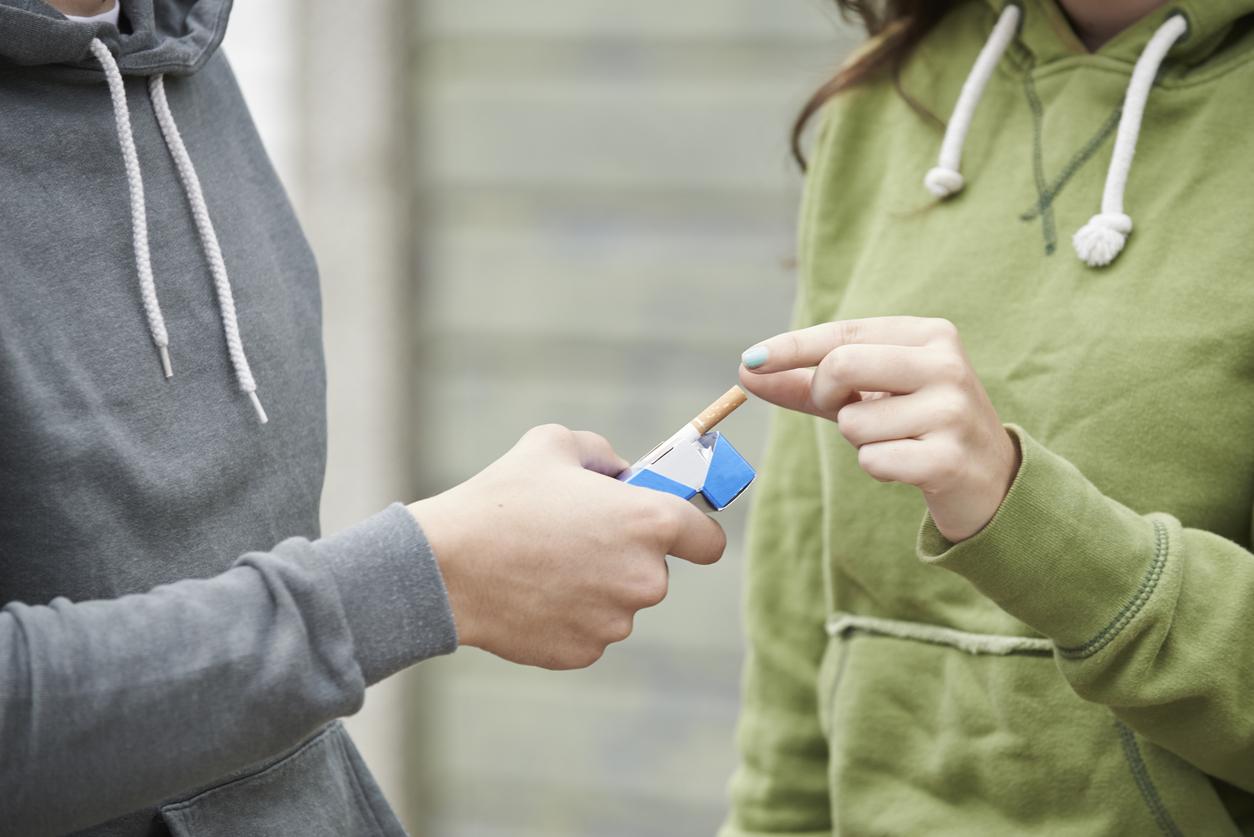Spain has been testing since Wednesday February 1, 2023 the Todacitanan anti-tobacco treatment based on cytisin, which would allowstop smoking in 25 days. In the form of tablets, the drug is currently reserved for heavy smokers, whose addiction is high and who have tried to quit smoking at least once a year (ie more than 10 cigarettes per day).
Smokers benefit from Todacitan free of charge, via financial support from the Spanish Ministry of Health. Specifically, according to the spanish agency EFE, “the treatment is to take six tablets a day (one every two hours) for the first three days, during which time it is still possible to smoke. From the fourth to the twelfth, one tablet should be taken every 2.5 hours with a cessation of smoking, and from the thirteenth day the dose is reduced until the 25th day.” Smokers who benefit from the treatment must also be enrolled in a smoking cessation support program (individual or collective).
What is cytisine?
Cytisine is a molecule of plant origin which mimics the effects of nicotine (agonist effect) and therefore takes its place at the level of the receptors. Thus, it blocks the nicotine receptors (responsible for addiction) in the brain.
This results in a significant decrease in unpleasant sensations (withdrawal symptoms) associated with quitting smoking. In addition, cytisine reduces the release of dopamine secondary to the inhalation of nicotine when the smoker consumes tobacco. This induces a decrease in the pleasure of smoking during the treatment.
During World War II, the leaves of Cytisus Laburnum were used as a tobacco substitute. The Russian soldiers also called this plant “false tobacco”, underlines the site stop-tabac.ch.
The treatment has been used since the 1960s in Eastern Europe (in Bulgaria and Poland) and is authorized in 18 countries under the names of Tabex® and Desmoxan® and more recently Cravv®.
What are the benefits (and possible risks) of Todacitan?
The fact that quitting smoking is quick, only 25 days, is clearly an advantage, according to the Spanish health authorities, “since compliance with treatment is greater”. This is indeed a limiting point of smoking cessation: smokers often have trouble holding on over time and relapse easily.
Side effects? Spanish pulmonologist Carlos Rábade believes that THE tolerance level of this treatment is “high”, as well as the effectiveness in maintaining smoking cessation. Note, however, contraindications, especially if the person is pregnant or uses hormonal contraceptives.
According to one study conducted in New Zealand and published in the medical journal The New England Journal of Medicinecytisine would be more effective in quitting smoking than nicotine substitutes: it would double the chances of quitting smoking after 6 months of treatment.
In this study, 1,310 smokers wishing to quit were studied. One group had received cytisine and the other group a nicotine substitute. The volunteers had also been accompanied by addictologists. After a month, the researchers found that 4 out of 10 people using cytisine had quit smoking, compared to 3 out of 10 who had taken conventional nicotine substitutes. In addition, scientists had found that the effectiveness of cystine was superior to nicotine substitutes after 6 months of treatment, particularly in women.
On the other hand, side effects were more common in the group that consumed cystine (mainly nausea, vomiting and sleep disturbances). But, despite these undesirable effects, 80% of the volunteers had approved this molecule and would explain that they could recommend it to their loved ones.
Cytisine is not authorized in France, what alternatives?
“Cystisine is not marketed in France, because for the moment it is not approved by the drug control authorities”, specifies tobacco-info-service website.
It is also not approved for use in the UK, Western Europe, USA. According to a scientist who participated in the study in 2014, “this molecule is effective and it is not expensive. But we lack knowledge about this drug.”
Recall that the Champix®another smoking cessation drug marketed by the Pfizer laboratory was suspended from the market in France, “due to the presence of N-nitroso-varenicline at a rate above the daily limit considered acceptable by Pfizer”. In the meantime, “therapeutic alternatives are nicotine replacement therapy (NRT) and bupropion (Zyban®)”, underlines in 2021 the ANSM.
The latter is accompanied by many undesirable effects (nausea, dizziness, tachycardia, insomnia, nightmares, convulsions, increased blood pressure, etc.),it should only be prescribed only in heavy smokers who have not been able to wean themselves off nicotine substitutesnor with other aids, having an excellent motivation and a minimum risk of accusing the undesirable effects.
Sources:
- EFE Agency
- ANSM
- Cytisine versus Nicotine for Smoking Cessation, NEJM, December 2014
- Stop-tabac.ch











